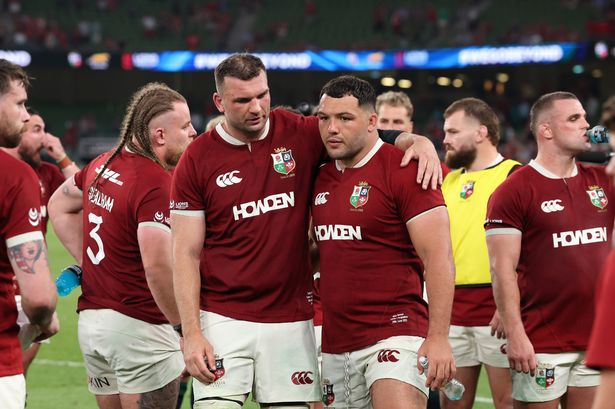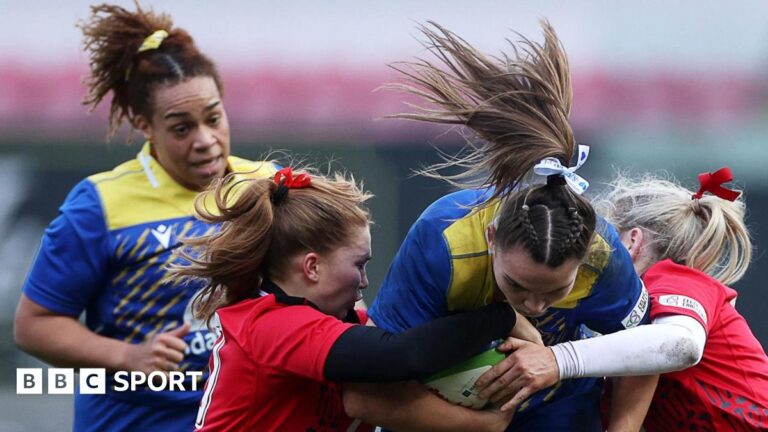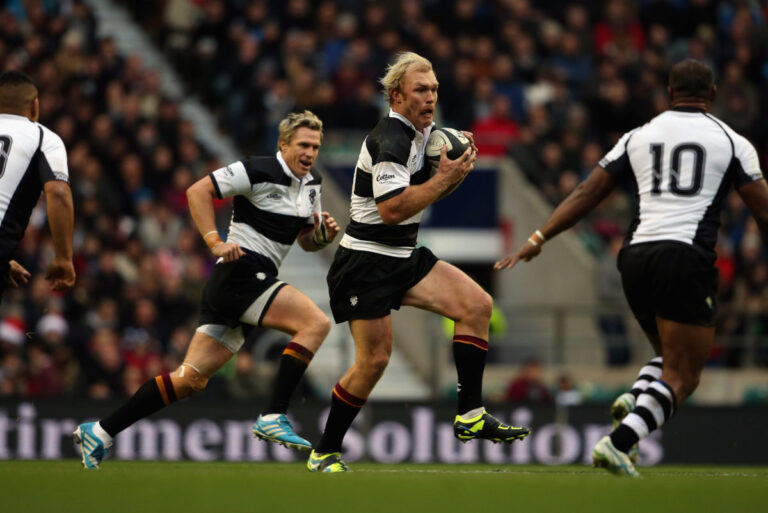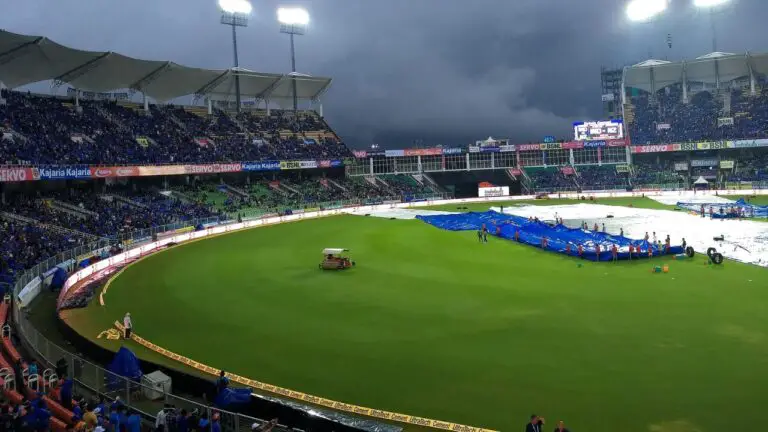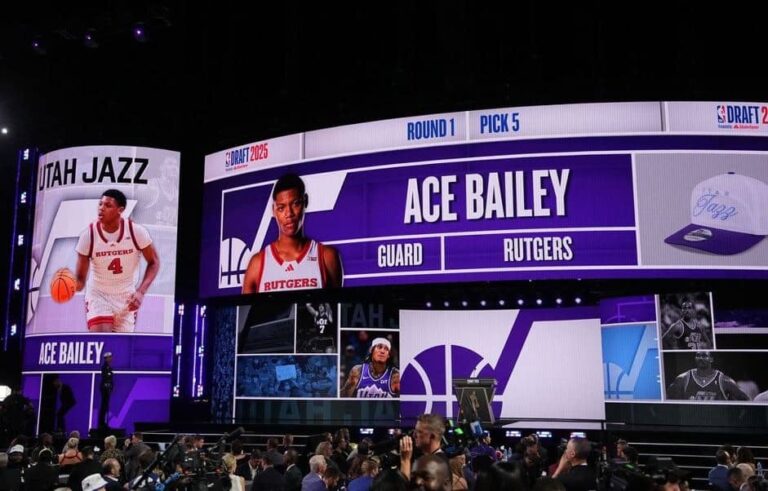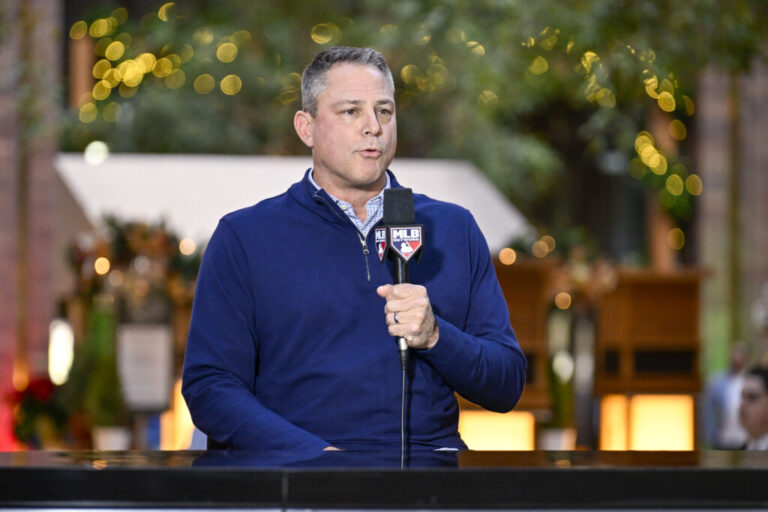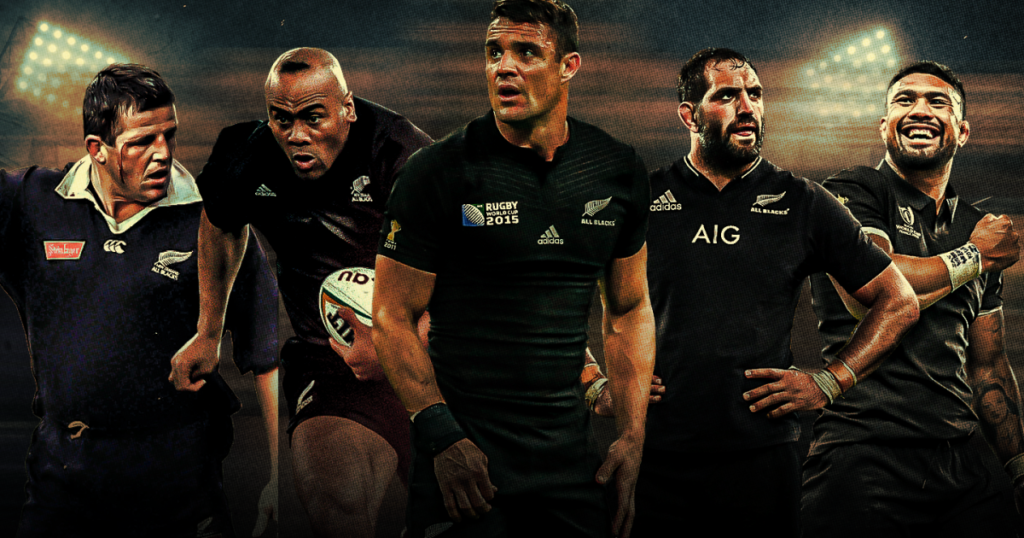
New Zealanders, on account of what they have seen from the All Blacks over an inordinately long period, have developed a rigid of set expectations. They have seen New Zealand go from an unknown red dot signalling a British Empire colony in the far reaches of the Pacific Ocean, to a country known all over the world because of the achievements of the national rugby team.
The All Blacks, who played their first Test in 1905, have a win rate of 76 per cent – an incredible success rate when it is compared with every other leading nation. And an incredible success rate to have preserved over a period of 120 years.
But what’s yet more unbelievable, is that the All Blacks have won 85 per cent of their tests this century and there was a six-year period between 2010 and 2016, in which they won two World Cups and had a success rate of 93 per cent.
Kiwis have gotten used to the All Blacks winning, not all the time, but certainly most of the time and it is hard-baked into public expectation. But in the last six years, the All Blacks win record has dropped to 72 per cent and all sorts of unwanted firsts have been achieved.
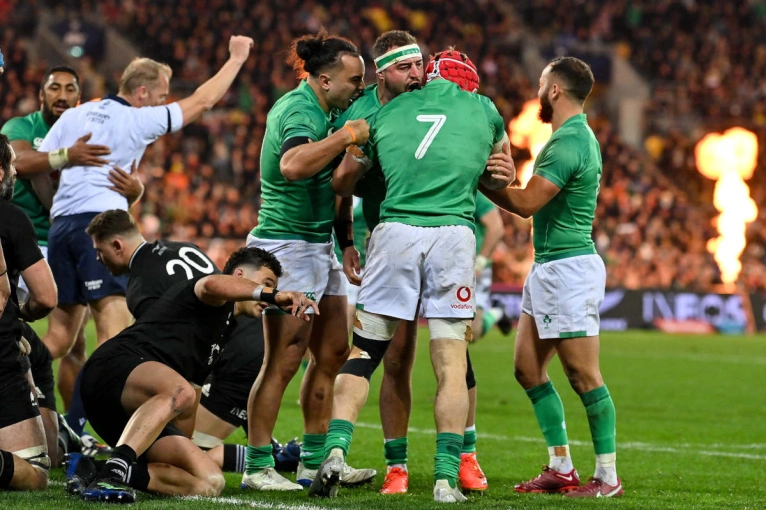
They lost to Argentina for the first time. Then they lost to Argentina at home for the first time, just as they lost to Ireland at home for the first time, before losing a series at home to Ireland for the first time.
They have lost to France the last three times they have played them, and they have lost to South Africa the last four times they have played them.
The All Blacks last won the World Cup in 2015, and between 2020 and 2024, their respective annual win records were 50 per cent, 80 per cent, 69 per cent, 75 per cent, 71 per cent.
These results reflect that the landscape is different now – that Ireland, France and South Africa play at a consistently high level and that the days of the All Blacks only being beatable on a bad day are long gone.
Now, the All Blacks have to be at their best to beat France, South Africa and Ireland, and even then, that might not be enough.
Having once dominated age-grade international tournaments, New Zealand have not won the Under-20 Junior World Championship since 2017, and finished fourth in 2018, seventh in 2019 and 2023, and fourth in 2024.
While if they have a bad day, the likes of Argentina are good enough to capitalise on that and get the victory, as they demonstrated when they won in Wellington last year.
There have been periods, semi-prolonged at times, in the All Blacks’ not too distant past in which they have similarly struggled to win at their historic baseline level of 76 per cent. But there is quite a powerful body of evidence building to suggest New Zealanders may have to confront a new reality where their team wins less on the international stage.
Having once dominated age-grade international tournaments, New Zealand has not won the Under-20 Junior World Championship since 2017, and finished fourth in 2018, seventh in 2019 and 2023, and fourth in 2024.
Participation numbers are static – except for in the women’s game – and the drop-off in teenage boys remains significant, while New Zealand’s immigration patterns have significantly changed – with more people arriving from countries that have no affinity with the game (115,000 of the 133,000 people who came to live in New Zealand last year were from Philippines, India and China).
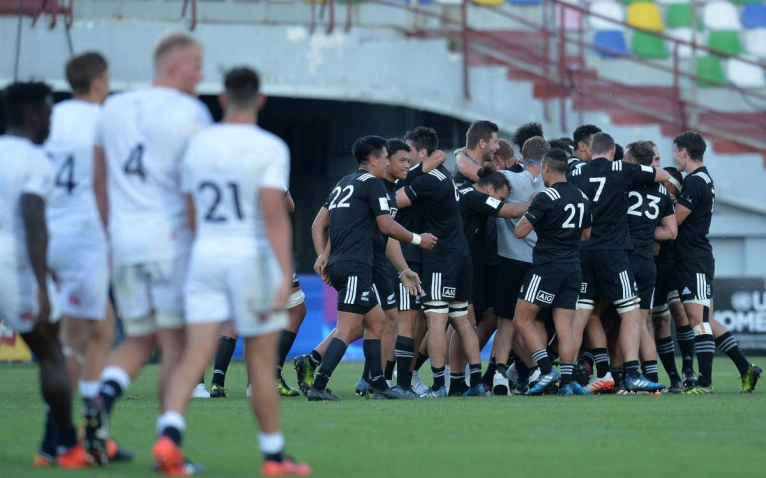
The last five years may not be a blip, but in fact the new norm, because as well as all the issues New Zealand is facing, there is every reason to believe that we are now in the golden age of international rugby.
France, South Africa and Ireland have all built sustainable rugby systems and England, Scotland and Argentina are not so far behind.
If the All Blacks ever did have an inherent advantage – some ingrained rugby intelligence that they could tap into and keep innovating their game to stay ahead of the chasing pack – it seems like they no longer do.
Looking at what lies ahead for the All Blacks this year and next – can they expect to win at their 2010-2019 85 per cent-plus levels over the next five-to-10 years?
They start 2025 with a three-test series against France, end it with a Grand Slam tour in November and in between that, have back-to-back home tests against South Africa.
Head coach Scott Robertson spent the two weeks before naming his squad to play France, contextualising last year with a series of statistics which showed how his team created more opportunities than any other in 2024, but couldn’t master the art off finishing.
This is what makes 2025 so fascinating: are New Zealand going to lower its expectations on what constitutes a fair return from the All Blacks, or will the old standard stay in place?
He talked about what he had learned in his first year – admitted to not being bold enough at times in his selections, and was confident that he’d learned plenty in a first season at the helm which saw the All Blacks win 10 from 14.
His squad to play France reflects, to some degree, Robertson’s desire to cast his selection net wider and he’s included five new caps, and branded his 33-man group, “A hell of a team”.
He’s brought in the ball running power and turnover finesse of Timoci Tavatavanawai, the in-form openside Du Plessis Kirifi, powerful lock Fabien Holland, Chiefs front-rowers Ollie Norris and Brodie McAlister.
But 10 from 14 was below the historic baseline win ratio of 76 per cent and was in line with the figures Foster produced in 2022 – figures that almost saw him sacked.
This is what makes 2025 so fascinating: are New Zealand going to lower its expectations on what constitutes a fair return from the All Blacks, or will the old standard stay in place?
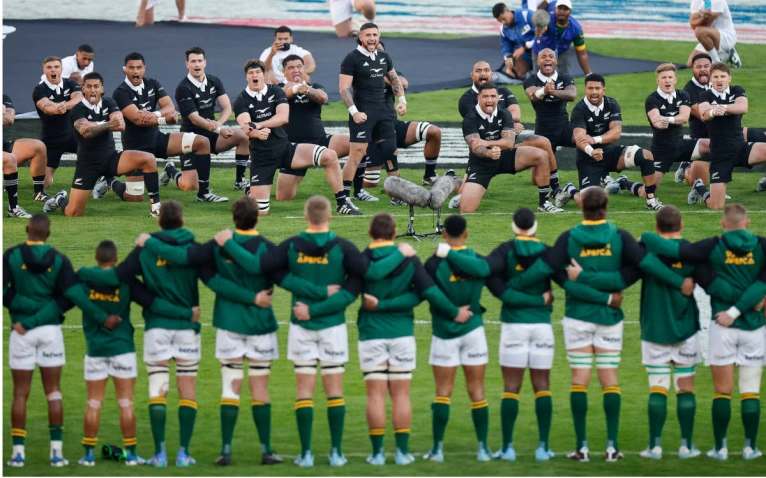
New Zealand Rugby chief executive Mark Robinson says: “I think the premise to the question about the evenness of international rugby and the rising quality of teams is a fair one.
“But it doesn’t change the mindset around winning every test that we play, and I don’t think we will ever have an organisation where a team that feels that way at all.
“We desperately want to win every game we play, and we want to be consistently highly successful.
“We want to be winning more than that [70 per cent]. We want to win every game we play, and we know that is challenging.”
It’s a notable that while Robinson says [Robertson’s] 70 per cent is a figure that needs to improve, he’s reluctant to be any more specific.
That’s a sign, presumably, that he, like everyone else, simply doesn’t know anymore what a fair expectation is.
And so, too, could it be that there is an element of nervousness within executive circles because Foster was effectively axed from his role six months before the World Cup because there was discontent with what he had achieved, and absolute confidence that Robertson would deliver better results.
After last year, maybe there is some doubt creeping in about the overall health of the game in New Zealand and/or the ability of Robertson to be the panacea he was being portrayed as.
You want to win every game. But I think when you combine winning, the style we play and the way that the players and coaching staff around the team conduct themselves and combine, then that it is a powerful value proposition for partners.
Outgoing NZRU chief executive Mark Robinson
Another year like 2024 and big questions will have to be asked by NZR about whether the All Blacks have the right people at the helm – unless of course there is a subtle and public downplaying of expectation.
“People know we want to win the World Cup with the Blacks Ferns, retain the Bledisloe and win the Rugby Championship and they are clear expectations,” Robinson says.
“I think we are being clear that we have high expectations around our teams in black. We tend to focus on performance around what a high-performance, growing environment looks like.
“It is thorough, and we have a whole range of areas [that we assess] and that can be on-field, off-field, technical, tactical …a range of things…the way a week is set up, the way travel works, it’s an exhaustive process.
“You want to win every game. But I think when you combine winning, the style we play and the way that the players and coaching staff around the team conduct themselves and combine, then that it is a powerful value proposition for partners.”
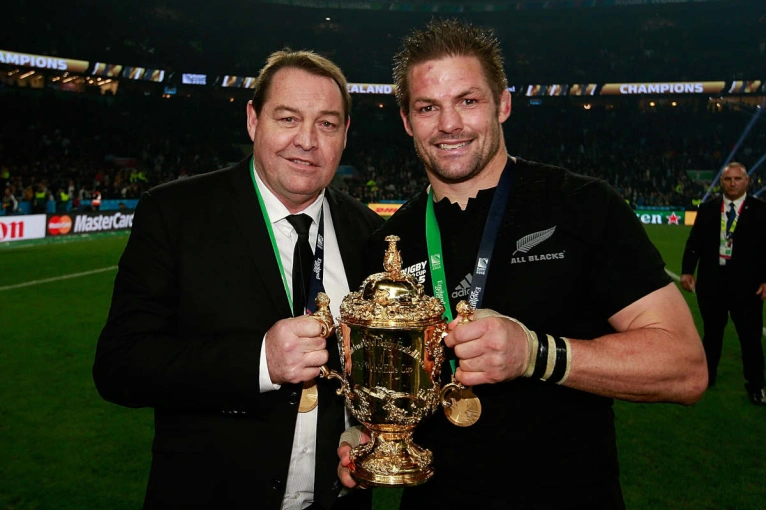
In the absence of any hard figures from Robinson, what would a successful season look like for the All Blacks in 2025?
They need to open with a 3-0 clean sweep of France. The public think the French are bringing a second-rate side to rest players, and the statistics around the in-coming squad only support that.
The average age of Fabien Galthie’s 37-man squad is 25.6 years, the average number of caps is 9.3, and 18 out of the 37 are uncapped.
The biggest challenge of the year for the All Blacks will be the two-Test series against the Springboks in September.
And posting a win against South Africa is a must – the four-match losing streak can’t become five and if it does, it means the All Blacks will have failed to have preserved their 50-match unbeaten run at Eden Park.
It is 31 years since the All Blacks lost at Eden Park and if that changes, there will be significant reason for the media to start promoting a narrative of the All Blacks in decline.
All up, then the All Blacks can afford to drop maybe two games from 13 to satisfy the media and public they are performing in line with expectation.
Most fans would also hold a hard expectation that the All Blacks will win back the Rugby Championship (although they can likely drop a game or two on route to collecting the silverware) and retain Bledisloe Cup.
All up, then the All Blacks can afford to drop maybe two games from 13 to satisfy the media and public they are performing in line with expectation.
If they win 11 and still secure the French series 3-0, preserve the Eden Park record and win the Rugby Championship, retain the Bledisloe and pocket a Grand Slam in the process, it will be deemed an incredibly successful year.
But even winning 11 feels like a giant ask and New Zealanders maybe do have to get used to the idea that the All Blacks are not going to be able to maintain their historic success levels.
